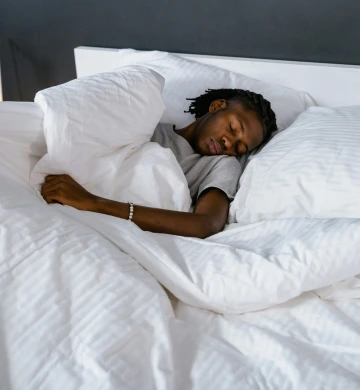Get Better Sleep
Sleep is one of the best things you can do for your health.
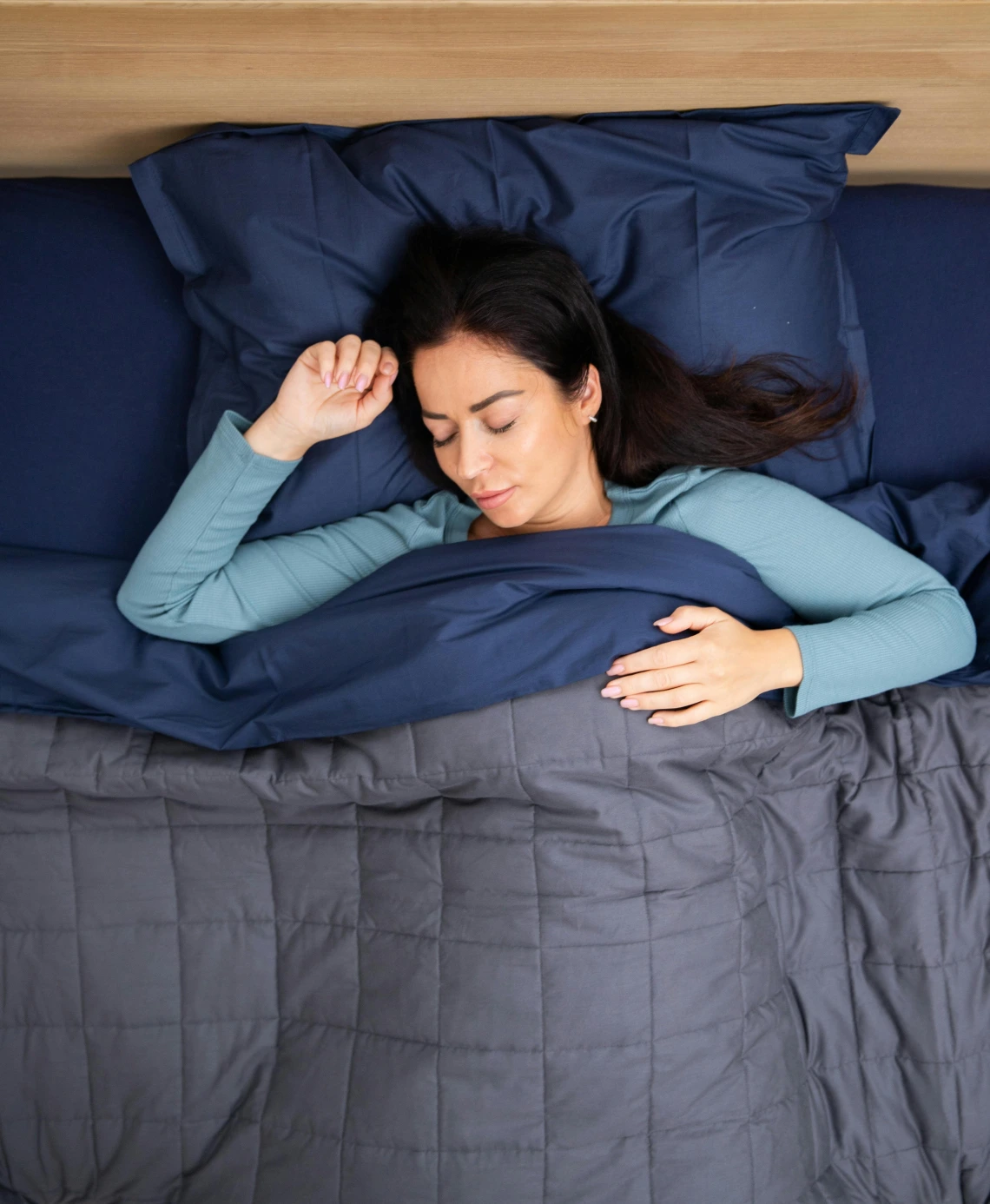
Your Body's Designed to Sleep
Sleep is your brain and body’s recovery mode. We’re designed to spend 1/3 of our lives sleeping (7-9 hours every night). It’s a necessity, just like food and water. It gives your body a break and makes you feel and function your best.
While you're sleeping, you're body's working hard doing things it can't do when you're awake:
Healing tissues from use during the day
Processing and consolidating everything you learned during the day
Repairing muscles, making them stronger
Boosting your immune system
Regulating stress hormones
Let's investigate your sleep and how you can sleep better.
Get Better Sleep with These Tips
Whether you’re sleeping great or you’re not sleeping the way you want to, there are always little things you can do to make a big impact. This is called sleep hygiene. Explore these science-based sleep hygiene strategies to help you get a good night’s sleep. Pick and choose what appeals to you.

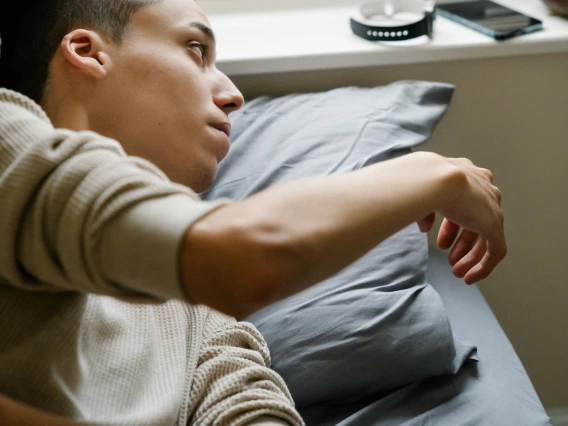

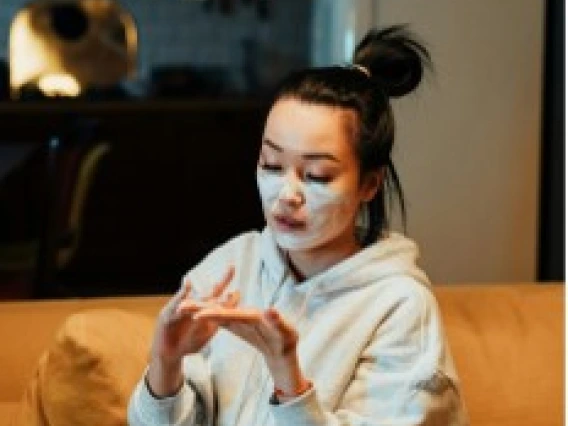
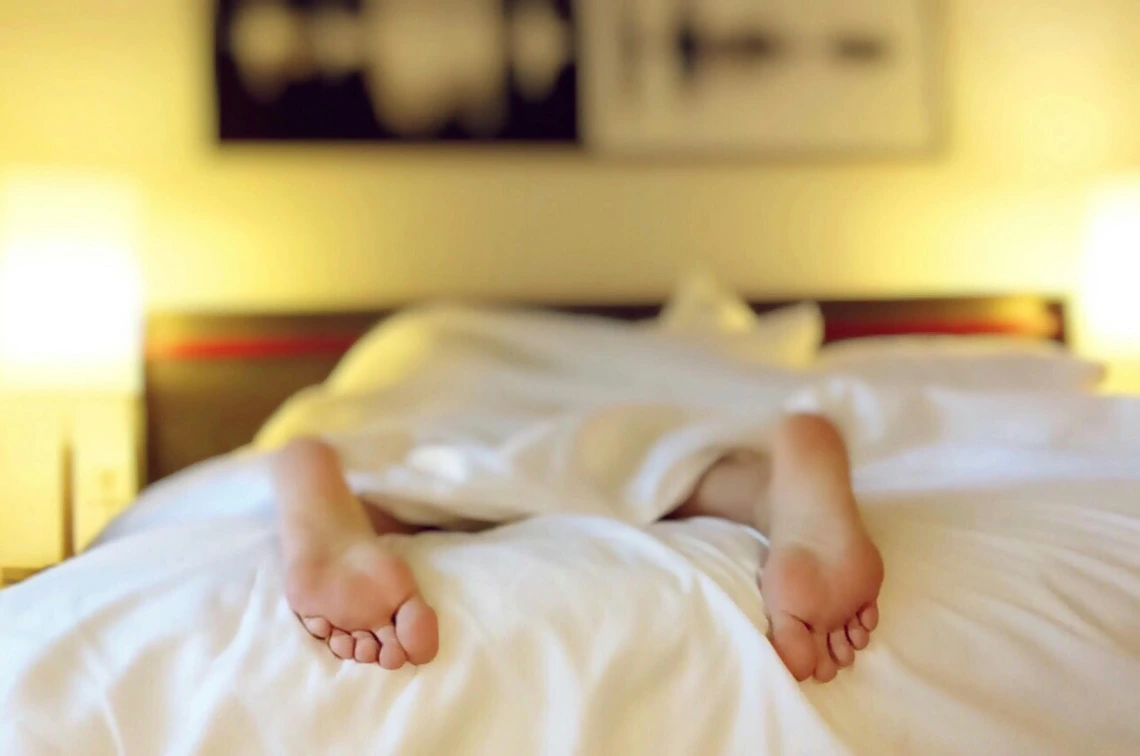
Sleep Environment
When your sleeping space is comfortable and free of distractions, it cues your brain for bedtime and makes it easier to fall asleep and stay asleep. Optimize your space for sleep with these tips:
Keep the lights dim and limit blue lights (TV/phone) before bedtime. An eye mask and blackout curtains can help!
Make your environment cool and comfy. Wearing what you're comfortable in and a cozy mattress/mattress topper, pillow, and sheets can make a big difference.
Reduce noise and other distractions. Using earplugs, white noise, or a fan can help mask noises. Take advantage of the do not disturb or sleep mode on your phone!
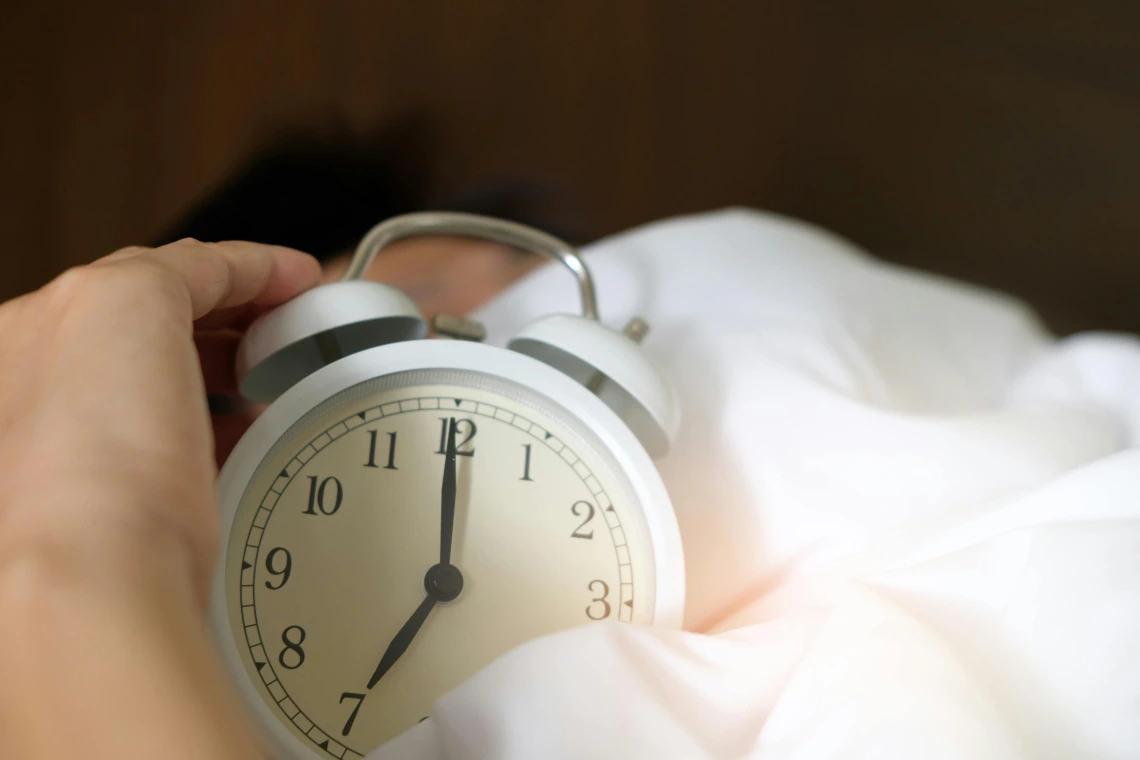
Sleep Schedule
A sleep schedule trains your body to be sleepy at bedtime and alert during the day. Set your internal clock with regular sleep and wake times. As an added bonus, a consistent sleep schedule is great for stress management.
Keep these in mind as you set your sleep schedule:
Plan for 7-9 hours of sleep every night
Go to bed and wake up at roughly the same time every day (give or take 20 minutes), even on weekends and holidays
Avoid hitting snooze. Get up at your scheduled wake time even if you’re tired
If you do nothing else, try going to bed earlier (start small with 15-minute increments)
A Note on Naps and All-Nighters
The purpose of sleep is to reset, recharge, and re-energize. Short naps can be very helpful. All-nighters don’t do that. They drain your energy and can disrupt your sleeping, thinking, mood, and memory for days.
Get the most out of your naps:
Use an alarm to help keep them short (30 minutes or less)
Nap earlier in the day to avoid interfering with your sleep at night
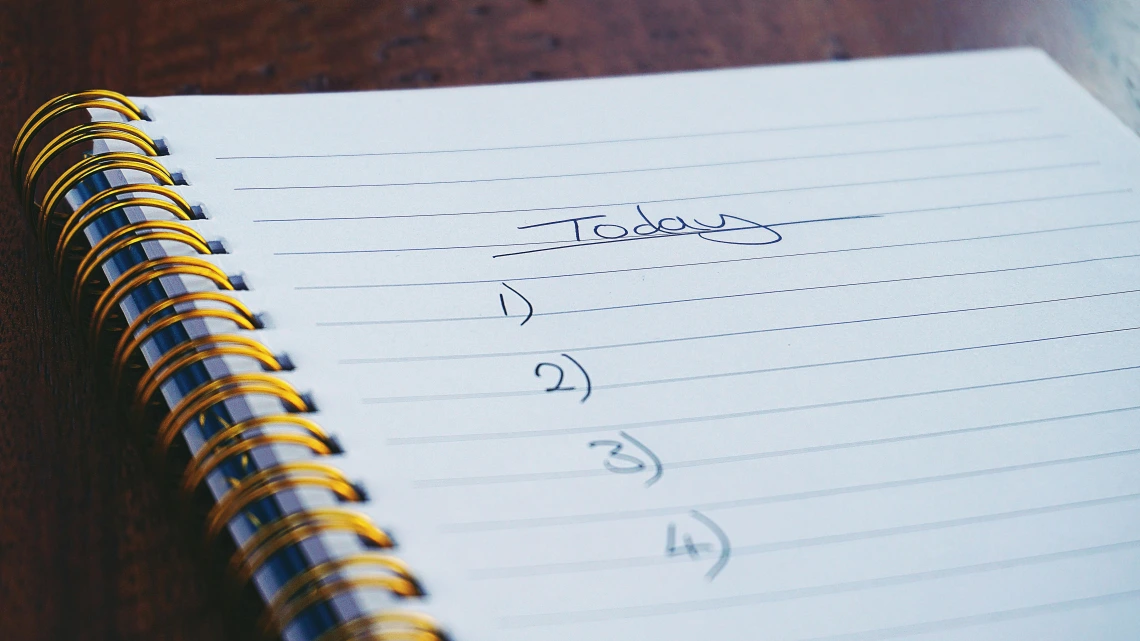
Daytime Activity
The things you do during the day can impact your sleep at night. Here are some daytime tips to get your best sleep:
Train your brain to associate your bed with sleep by keeping it reserved for sleep, sickness, and sex
Avoid late-day caffeine and nicotine
Move your body (if you work out, aim to do it earlier in the day)
Take breaks throughout the day to manage your stress level
Go outside
Fuel your body regularly
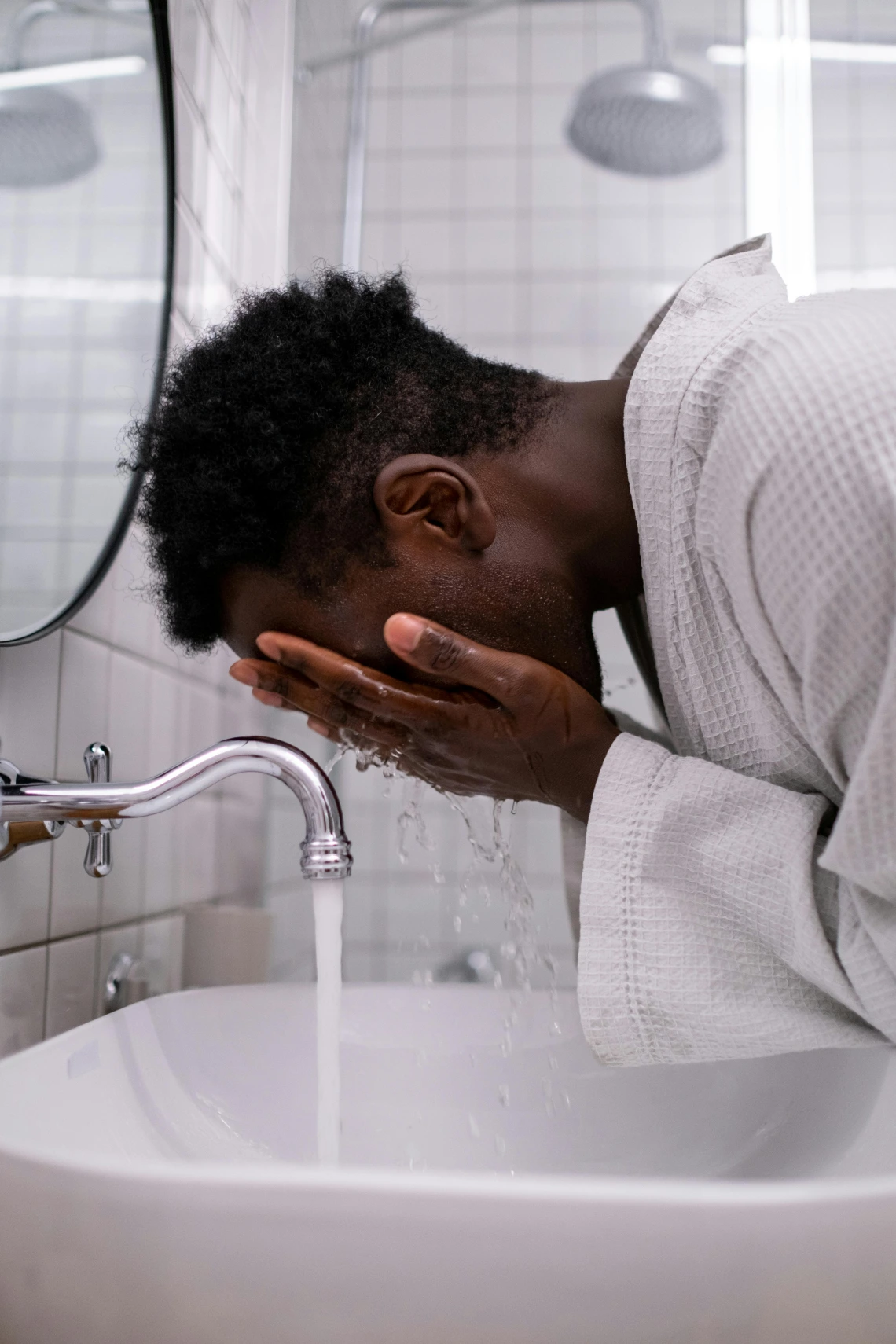
Wind-Down Routine
Transition from whatever kind of day you’ve had into a good night’s sleep with a wind-down routine. Using the end of your day for relaxing activities can help your mind and body feel sleepy. Find something that works for you and try to keep it consistent.
Use these tips to build your personalized wind-down routine:
Set up a cue to start winding down. Brush your teeth, wash your face, and put your phone away
Dim the lights and minimize distractions (TV, phone, school work, etc.)
Do something calming like taking a shower, stretching, reading, or listening to calm music
Sleep Challenges & Troubleshooting
Although we’re naturally designed for sleep, it's normal to encounter challenges along the way. Anyone can have trouble sleeping from time to time. Here are practical tips for common challenges to help you back on track to restful nights.

Trouble Falling/Staying Asleep
Let your body wind down. Stick to calming activities, dim the lights, and keep distractions like your phone away.
If you’re restless, get up and do something calming until you feel sleepy. Don’t worry about the clock—just limit the time spent awake in bed.
If you’re a clock-watcher, try covering the clock or removing it from your room.
Sleep can feel tricky—the more you think about it, the harder it gets. Focus on something calming and use positive thoughts to ease any sleep worries.

Living with Other People
Create ground rules: collaborate in setting quiet hours, lights out, visitors, and overnight guests.
Use earplugs or white noise to block out distractions.
Block out any light that could disturb your sleep - use an eye mask or blackout curtains.
Be mindful of screens and sounds: use headphones, dim lights, and close your door to help others sleep.

